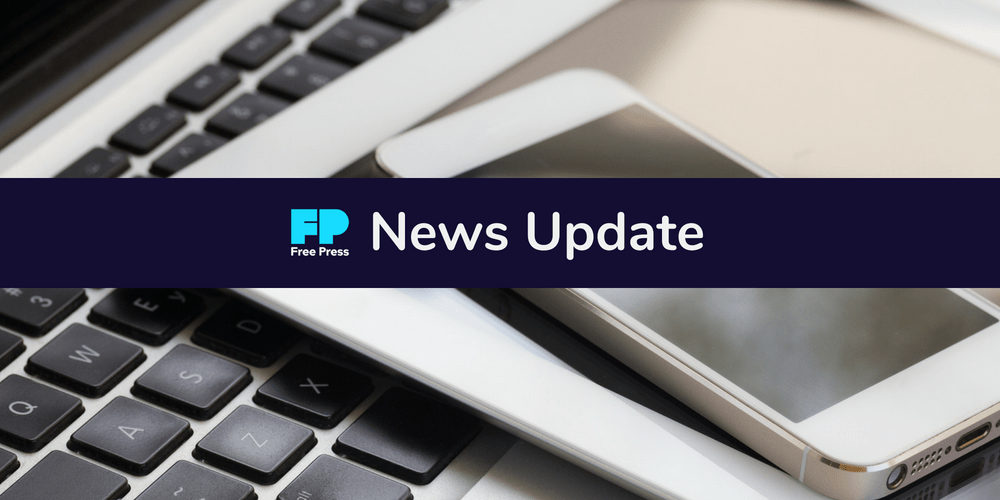New Stimulus Package Includes Billions for People Who Can't Afford Broadband

WASHINGTON – Late Monday night, Congress passed a $900-billion stimulus package providing relief for people in need during the COVID-19 pandemic.
The legislation sets aside $7 billion for broadband, including $3.2 billion for an emergency-broadband benefit that will be available to individuals and families who cannot readily afford essential internet connections, and up to $1.3 billion for broadband connectivity on tribal lands and in communities surrounding historically Black colleges and universities.
Under the $3.2-billion program, low-income people who are already eligible for the FCC’s Lifeline program are eligible for a benefit of up to $50 per month. That benefit is also available to families that are eligible for free school lunches, college Pell Grant recipients, and people who have lost jobs or been laid off at any point since this economic crisis began.
The legislation does not include other important broadband measures the House first passed in May as part of the HEROES Act. It also leaves out measures discussed in negotiations last week by the bipartisan group of senators who helped restart stimulus negotiations. Yet the broad eligibility criteria for the broadband benefit will provide tremendous assistance to everyone who needs help to get connected, including families with students learning at home during the pandemic.
Free Press Action Vice President of Policy and General Counsel Matt Wood made the following statement:
“The stimulus bill’s broadband benefit is a historic achievement. It will connect tens of millions of people and families to the high-speed home-internet service they need to safely access remote health care, school and jobs, as well as the news and virtual family gatherings that are so crucial during this worsening pandemic.
“This benefit is a much-needed response to the lack of affordable broadband choices, which is the primary factor driving the U.S. digital divide. The lack of affordable options is a huge barrier to universal adoption; it gets far less attention than problems like rural deployment. But the inability to pay for services that are already available in their neighborhoods is the biggest reason nearly 80 million people lack adequate home internet — including 30 percent of Black people, 30 percent of Latinx people and 34 percent of Indigenous people in the United States.
“Passing this legislation marks a major victory in efforts to bridge the digital divide, with a flexible and robust benefit structured along the lines of what Free Press Action has called for since March and the beginning of the COVID-19 shutdowns. It shows how Congress has shifted its attention to the affordability crisis, which predates the pandemic but has become even more dire over the past 10 months.
“This focus on affordability is thanks to the leadership of Speaker Pelosi, Representative Clyburn, Chairman Pallone, Representative Veasey and other House Democrats who sponsored and passed affordability measures like this one earlier this year, as well as Minority Leader Schumer, Chairwoman Cantwell and Senator Wyden, who sponsored companion measures and led Senate negotiations.
“Talks with Republican leadership fell through on other broadband initiatives that should be in this bill but aren’t. Still, this new initiative is a remarkable accomplishment, and it took both sides of the aisle to agree to a benefit program. It’s clear that lawmakers across the political spectrum recognize how critical it is to ensure that people can afford to connect to the internet, especially when there’s a need to conduct so much of our daily lives online.”